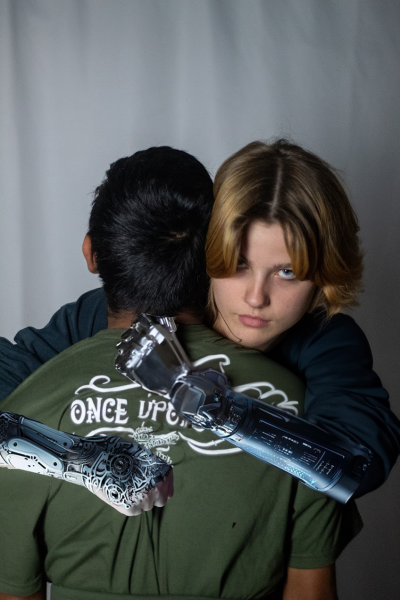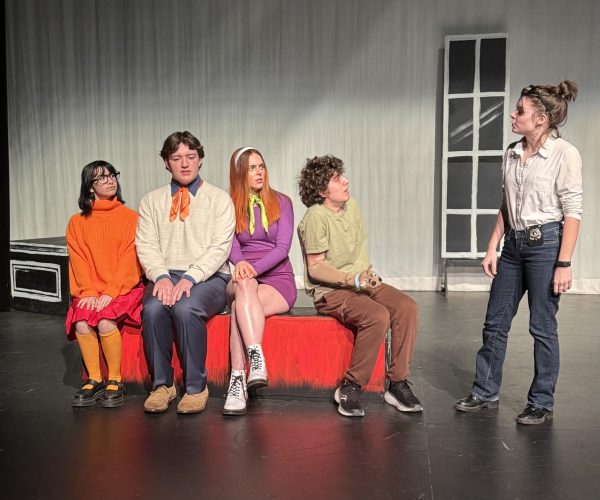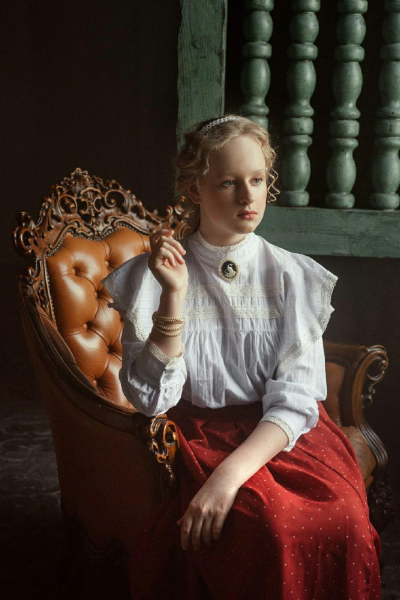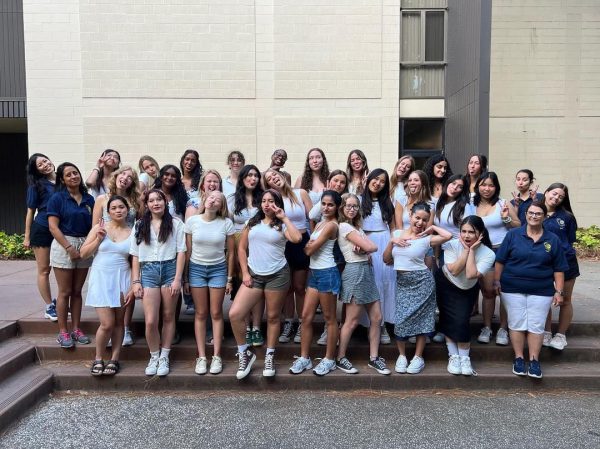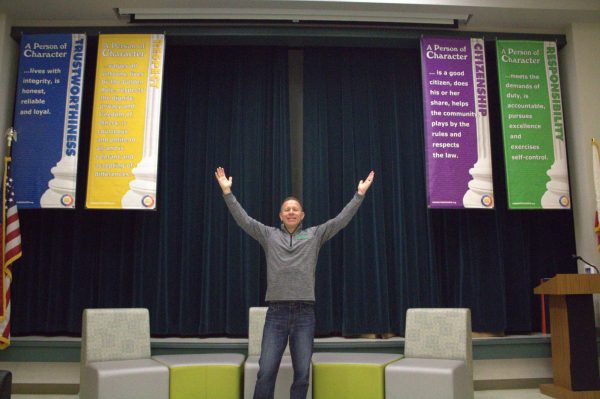Is “The Butler” Worth Watching?
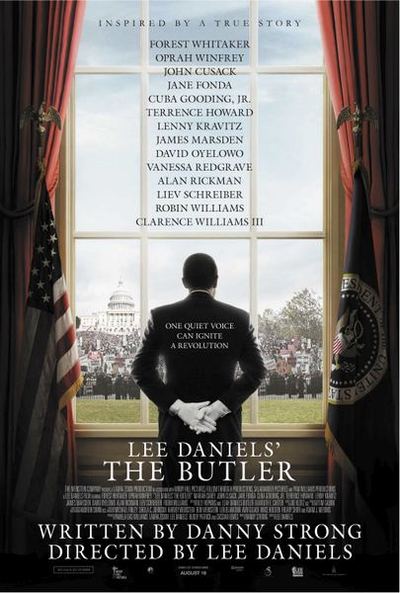
Lee Daniels’s The Butler is very loosely based on the story of Eugene Allen, an African-American who served as a butler in the white house for 34 years. While the story was dramatized significantly, the result was an incredible movie that uplifts and empowers equality. The character based off of Allen was renamed Cecil Gaines and played by Forest Whitaker. Supporting Whitaker was a large cast of extremely well known actors including Oprah Winfrey, Mariah Carey, Cuba Gooding Jr, Terrence Howard, and Lenny Kravitz, with appearances from Robin Williams, John Cusack, Jane Fonda, James Marsden, Alan Rickman, and Liev Schreiber.
The film follows the story of Cecil Gaines and his family as his job places him in everyday contact with the Presidents of the United States through the height of the civil rights movement. The film expanded upon Eugene Allen’s story by painting his son as a radical civil rights activist from a young age. The relationship between Gaines and his rebellious elder son is an very emotional journey that is focused on prominently in the the film.
While I wasn’t all that impressed by the acting, the character development of so many characters was incredibly vibrant and dynamic. As a butler in the White House, Cecil is expected to stay out of all of the happening and the politics around him, even through a time when his race was fighting for equality, and the one person who could make a difference was right in front of him. The story illustrates Cecil’s evolution from a simple servant to a man who takes a stand and makes a difference for equality. Gaines’s son, Louis Gaines (David Oyelowo), undergoes his own journey as he fights for civil rights with some of the most prominent civil rights groups in history, from the marches of Martin Luther King Jr. to the radical Black Panthers, Louis was in the thick of it. Cecil’s wife Gloria Gaines (Oprah Winfrey) has her own struggles with alcoholism, adultery, and the problems caused by marrying a man who is so devoted to his job as Cecil. The youngest son, Charlie Gaines (Elijah Kelley), was the funny and loving character that tried to hold his family together until he was killed in the Vietnam War.
My favorite part about the character development was the stark contrast between the lives of Cecil and Louis. Cecil simply does his job, being polite, knowledgeable, helpful, and uninvolved. He slowly works his way up the positions available, and eventually fights for equality for the black help at the White House. Over time he is pushed more and more to fight for equality, he realized how he could make his own stand. Louis is much more radical, from the beginning he is involved in numerous protests and is arrested repeatedly. Cecil kicks him out of the house when they can no longer take Louis’s constant trouble with the law. Louis resents his father because even though he was in such close proximity to the President, he never tried to confront him on the subject of equality.
While Cecil’s journey is a slow evolution, Louis’s journey comes to a clear point of realization when he is told by Martin Luther King Jr that his father was not a conformist, but a subtle influence. King explains how domestic servants like Cecil are examples of kind and intelligent people, who are reliable and hardworking. They place an example in the life of their employer of a black who has the best of qualities, yet is held back by his race. Louis regains respect for his father and honors him by completing his college education. They reunite when Cecil joins Louis to protest the American support of the apartheid government in South Africa.
I was not expecting the film to be so focused on the Gaines family as opposed Cecil himself, but it definitely was a good direction to take the story. I’m not huge fan of Forest Whitaker, and I feel like his own personality and mannerisms showed through in a character who didn’t give the same impression.
Overall, this was a very emotional movie. Between the civil rights battles and the deep familial conflicts, this film was very relatable and drew you into the story. Being that it was released close to the same time of another big race focused movie, 12 Years A Slave, I think The Butler got slightly overshadowed. Regardless, I think it’s worth the time.




